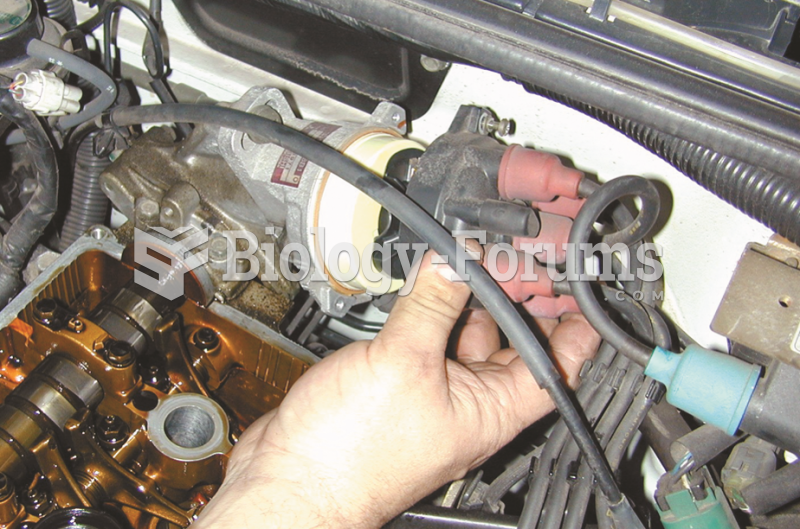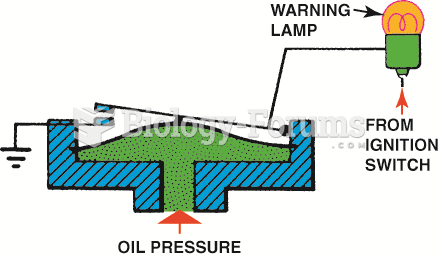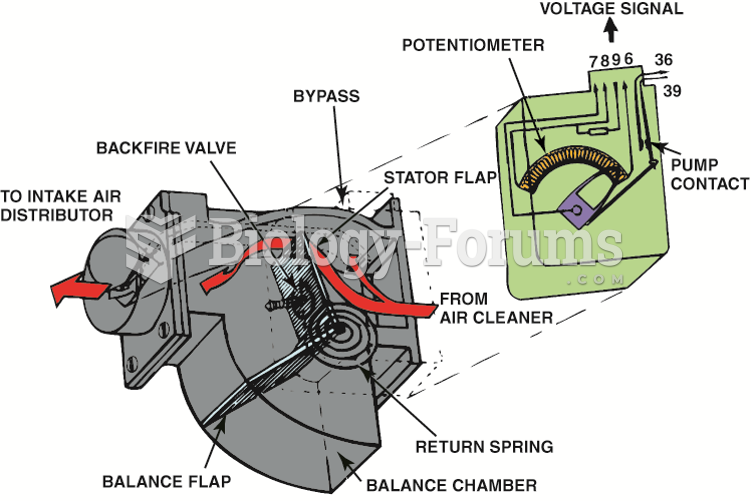|
|
|
When intravenous medications are involved in adverse drug events, their harmful effects may occur more rapidly, and be more severe than errors with oral medications. This is due to the direct administration into the bloodstream.
For pediatric patients, intravenous fluids are the most commonly cited products involved in medication errors that are reported to the USP.
Acetaminophen (Tylenol) in overdose can seriously damage the liver. It should never be taken by people who use alcohol heavily; it can result in severe liver damage and even a condition requiring a liver transplant.
In most cases, kidneys can recover from almost complete loss of function, such as in acute kidney (renal) failure.
The use of salicylates dates back 2,500 years to Hippocrates's recommendation of willow bark (from which a salicylate is derived) as an aid to the pains of childbirth. However, overdosage of salicylates can harm body fluids, electrolytes, the CNS, the GI tract, the ears, the lungs, the blood, the liver, and the kidneys and cause coma or death.
 To help locate how far the engine is being rotated, the technician is removing the distributor cap ...
To help locate how far the engine is being rotated, the technician is removing the distributor cap ...
 To help locate how far the engine is being rotated, the technician is removing the distributor cap ...
To help locate how far the engine is being rotated, the technician is removing the distributor cap ...





